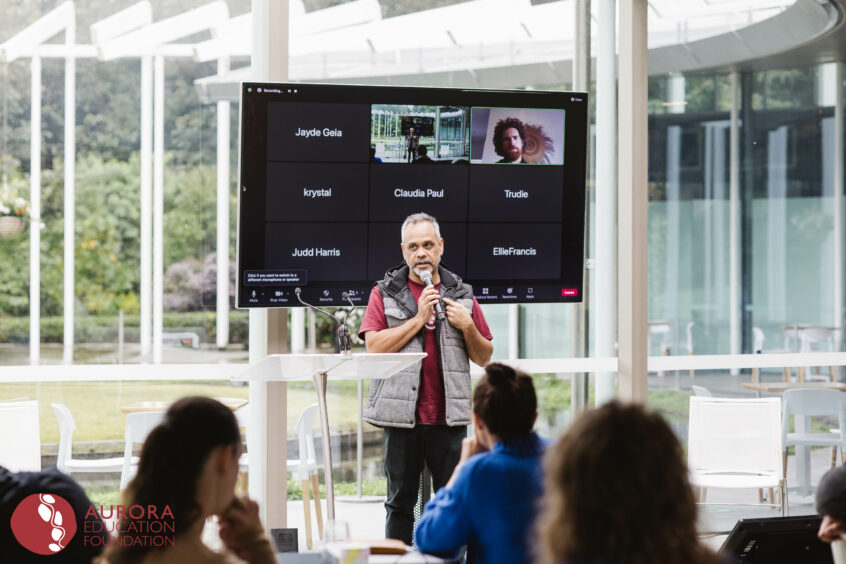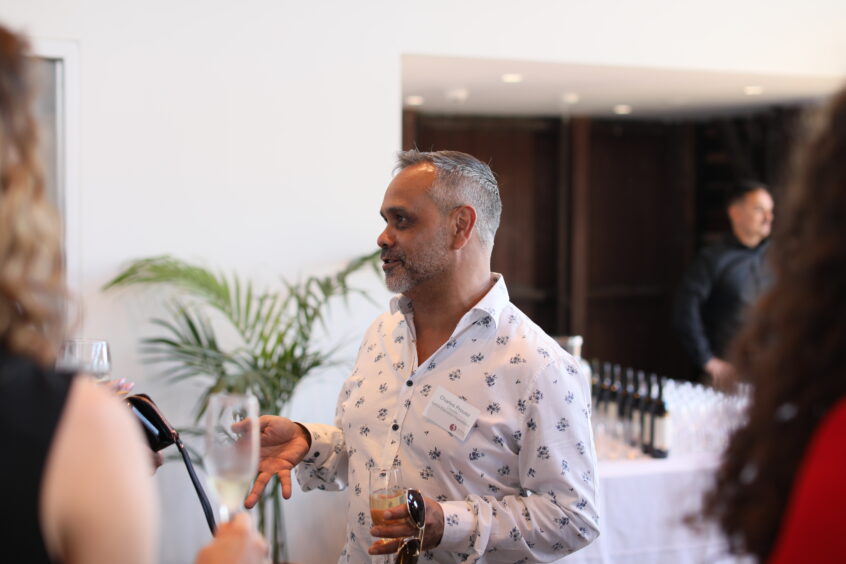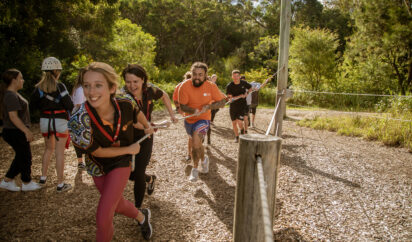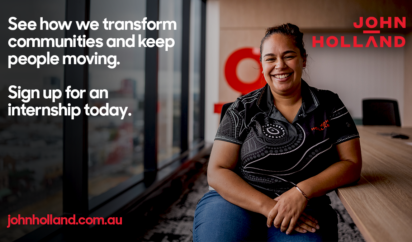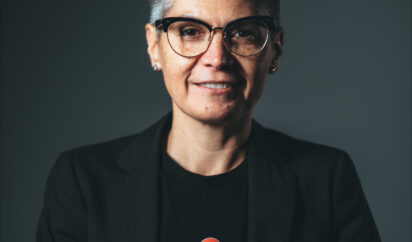News
Meet Charles Prouse, Aurora’s new Board Chair
| Name: Charles Prouse
Mob: Nyikina Position: Board Chair What was it about Aurora that led you to joining the Board seven years ago? I have actually been involved with Aurora for 13 years in total, beginning in 2009. Before Aurora had a Board, it had working groups and development workshops and committees, and I was on every single one. I was already very involved in the Indigenous education space through my work with NASCA and NCIE, and I felt such a sense of urgency to address the huge disparity in education outcomes happening to Indigenous young people. I am still driven by that same urgency today. |
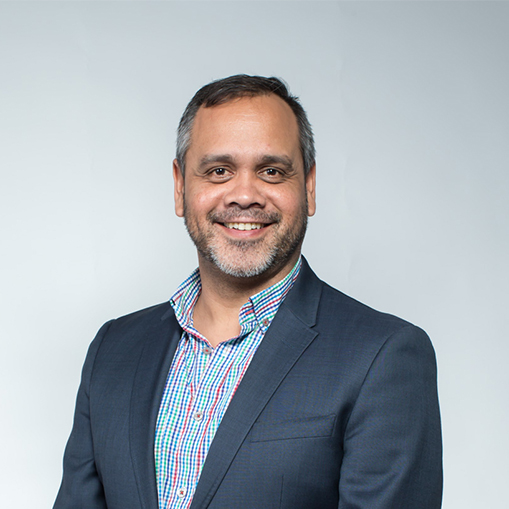 |
Could you describe your involvement with Aurora over the years?
In the early years, we were really building the ship while we were sailing it, so to speak. Aurora was a very small organisation and it needed support, connections and resources in order to flourish. The organisation needed to be nurtured, and over the years there have been so many great highlights. But there have also been really challenging times, and if we didn’t roll up our sleeves and push through those challenges, Aurora wouldn’t be where it is today.
Compared to other education programs supporting Indigenous students, what do you see as the strength of Aurora’s approach?
Academic integrity. Even in the early days of my involvement, it was the intensive academic support that I thought made Aurora unique, and that is still true today. Other organisations were not offering high-intensity academic support programs in the same way Aurora was. We embed academic rigor and high achievement throughout every single one of our programs, and then complement that with a community-based support system.
Our staff are another key strength. I am very proud that we have grown our First Nations staff (many of whom have come directly from our Programs), and that our workforce is currently 78% Indigenous. This means that there is a deep level of empathy and understanding between students and staff – we know what students are going through and understand their experiences both in and out of the education system. The support from our Elders is also a huge part of our success, and I am very grateful for them.
And finally, Aurora is deeply committed to understanding the data and developing evidence-based programs. When the organisation first began, I don’t think anybody really had a clear picture of the scale of the challenge – a high-school system failing our kids, low university entry and completion rates, and few scholarship applicants. We knew that it wasn’t enough to focus on student motivation or school attendance, and that Aurora needed to interrogate and penetrate the education system. Fast forward to today, we have an Indigenous-led Measurement and Evaluation team, an academic partnership with the ANU and have recently launched RISE, a five-year research project to build Australia-first insights about what works in Indigenous education that is grounded in Indigenous definitions of success.
At Aurora, we are equipped with tools, knowledge and experience to address the challenges that exist in the system for our kids, and the commitment to see that journey through to the end.
What work is happening at Aurora that are you are currently most excited or passionate about?
RISE is extraordinarily exciting. The insights we garner from RISE will create a platform for Indigenous-led advocacy, reform and self-determination – something I am extremely passionate about.
Additionally, the momentum around partnership and visibility for Aurora and our work is exciting. Partnerships with NIAA, Paul Ramsay Foundation and others not only provide the resources we need to do our work, they also recognise that Aurora as an Indigenous organisation is best-placed to lead this work. It recognises that we have the data, the experience and the community voice needed to improve outcomes for Indigenous young people. This support recognises that we, as Indigenous peoples, are not the ones who need to change – it’s the system that needs to change.
What is your vision for Aurora’s students, scholars and interns – going forward?
I hope our students are happy, that they’re safe and that they lead rich, full lives. Education is a really important foundation from which a person can build a rich full life. Basic literacy can provide people with freedom and safety, protecting them from being taken advantage of. Our people have been taken advantage of for centuries, and I think empowering people through education goes a long way to protecting future generations from that danger.
I also hope our students and scholars use their skills and achievements to give back to community and that they continue to build and support each other. They are the ones leading the change, building First Nations knowledge into systems, workplaces and communities, making it better for everybody.
